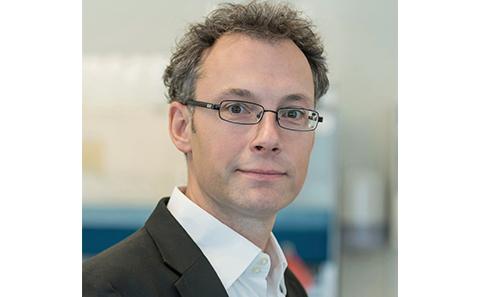Inducing neutralizing antibodies against HIV by native-like envelope trimers Event

- Time:
- 15:00
- Date:
- 26 February 2020
- Venue:
- Building 29, Room 1101 L/T, Highfield Campus
For more information regarding this event, please email Prof Max Crispin at Max.Crispin@soton.ac.uk .
Event details
Most vaccines work by inducing protective humoral immunity and ideally an HIV-1 vaccine should induce broadly neutralizing antibodies. However, past and current HIV-1 vaccine candidates have thus far not been able to do so, because many features of the HIV envelope glycoprotein spike, such as variability, flexibility, instability and glycosylation, limit the induction and binding of neutralizing antibodies.
We have succeeded in generating stabilized mimics of the native envelope trimer by protein engineering. In contrast to previous envelope-based vaccine candidates, these trimers induce strong and consistent neutralizing antibody responses against the autologous, neutralization-resistant viruses. However, the induction of broadly-reactive neutralizing antibodies is more challenging. A critical step in this process is the activation of naïve B cells expressing germline antibody precursors that have the potential to evolve into broadly neutralizing antibodies.
We have reengineered stabilized native-like envelope trimers to engage germline precursors of broadly-reactive neutralizing antibodies. Immunization experiments in knock-in mouse models expressing broadly neutralizing antibody germline precursors show that these trimers activate germline precursor B cells in vivo. The antibody response in these knock-in mice can be further ‘shaped’ by the design and selection of next-step ‘shaping’ immunogens and ‘polishing’ immunogens. Finally, the design of native-like envelope trimers can also be applied to other viruses including Lassa virus and hepatitis C virus, resulting in neutralizing antibodies against these viruses
Speaker information
Professor Rogier Sanders, Amsterdam University Medical Centers, Professor of Virology, specialising in Experimental Vaccinology